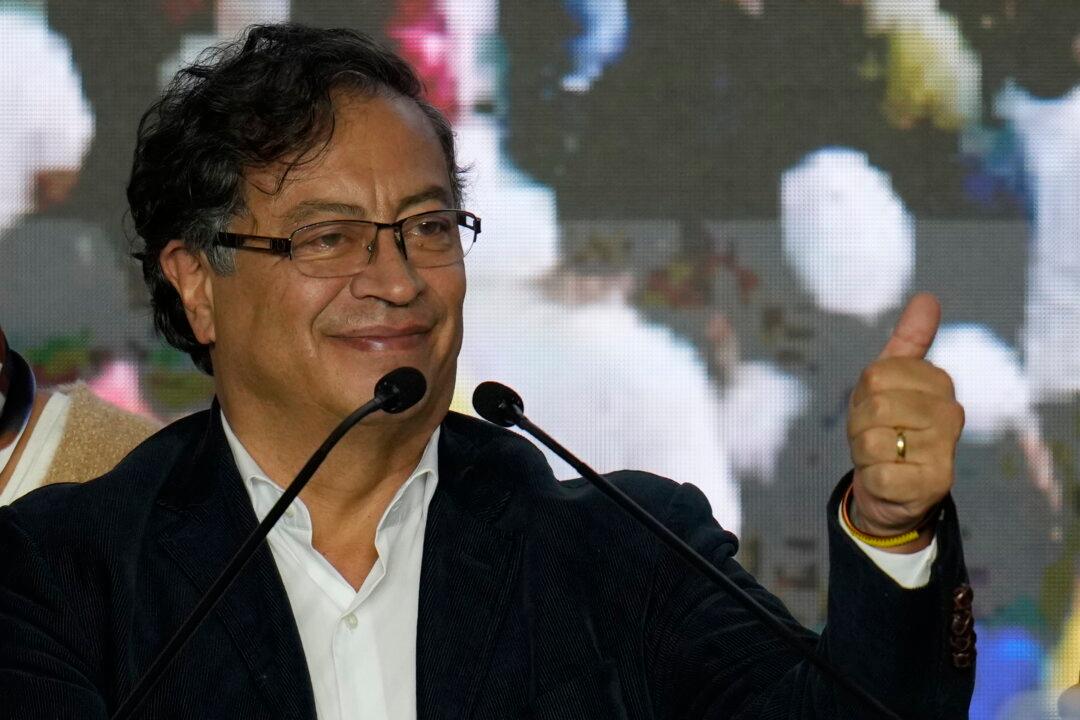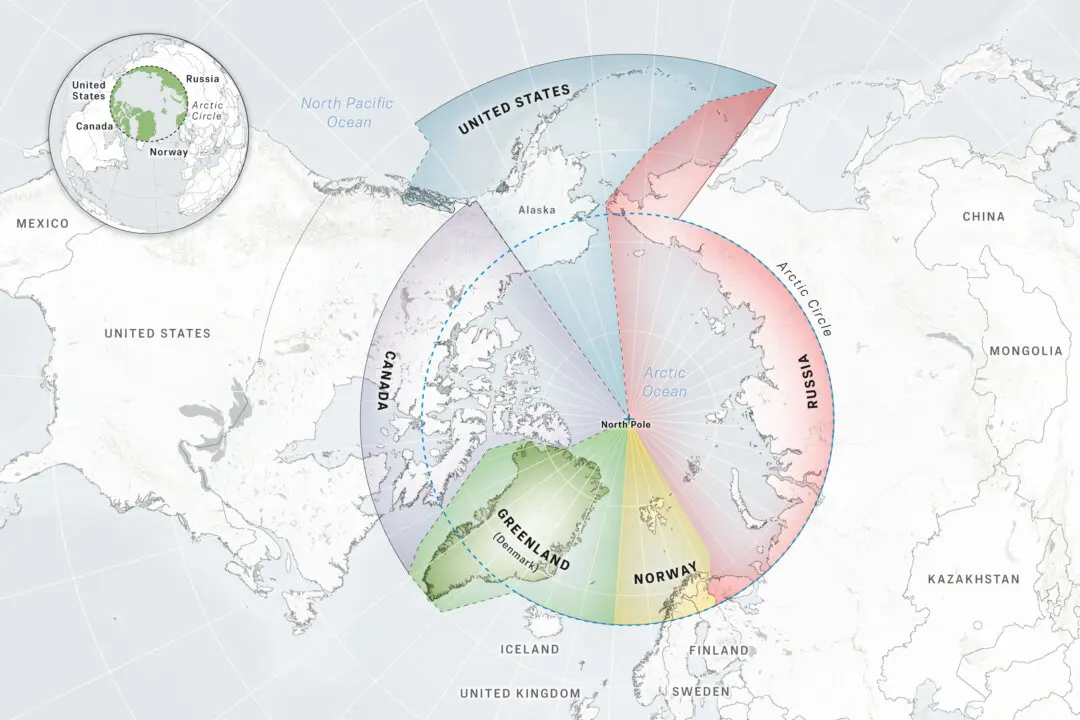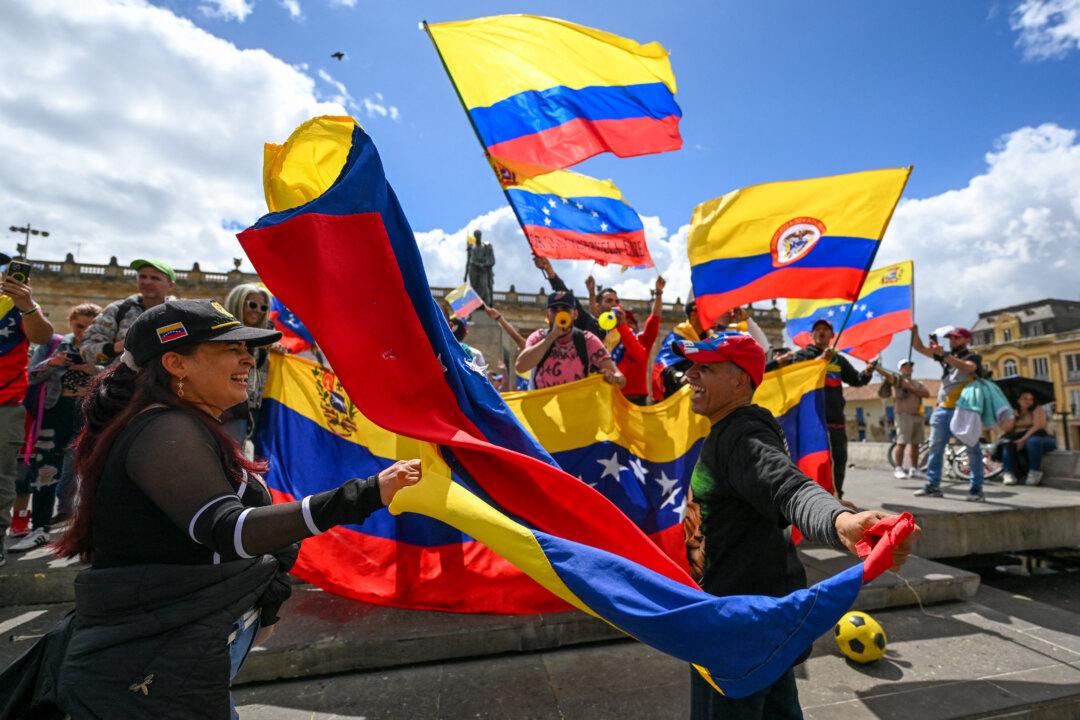The bloom appears to be off the rose for Colombia’s first socialist president. Less than a year after the South American country celebrated President Gustavo Petro’s inauguration, thousands protested his administration in recent weeks as tensions mount over unmet expectations, attempted political reforms, and a corruption scandal.
Throwing gas on the fire, pressure from Washington underscored Mr. Petro’s inability to control migrants entering the Darien Gap amid cooperation with Venezuela on energy. The latter stands in sharp contrast to his previous stance on environmental commitment.





